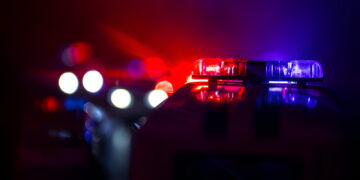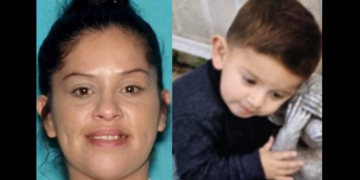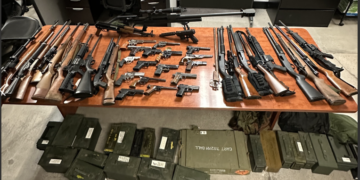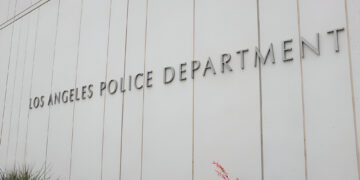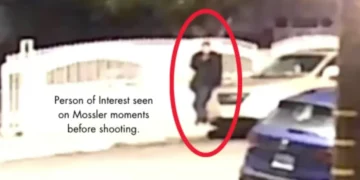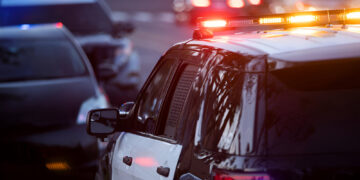Police departments in Southern California are increasingly relying on drone technology for crime monitoring and response. While this shift enhances safety and situational awareness, it also ignites a debate about privacy and the potential for overreach in surveillance practices.
Drones Enhance Public Safety and Response Times
As police departments across Southern California adopt drone technology, the implications for public safety and civil liberties are becoming hot topics of discussion. From monitoring armed standoffs on busy freeways to conducting indoor training exercises for hostage situations, drones provide law enforcement with a powerful tool for enhancing situational awareness and response times.
In a notable incident, the police in Anaheim and Corona utilized drones to keep an eye on an armed man during a standoff on the 91 Freeway. In Fullerton, another incident illustrated the effectiveness of drone surveillance when officers were able to safely assess a disturbance call involving an armed suspect. “It allows us to remain at a safer distance while sending in eyes to assess the situation,” remarked Sgt. Christopher Bees of the Irvine Police Department, highlighting the technology’s ability to protect officers while gathering critical information.
Beverly Hills’ Proactive Drone Use Sparks Controversy
However, the proactive deployment of drones by the Beverly Hills Police Department has raised eyebrows and sparked controversy. Unlike other jurisdictions, Beverly Hills employs drones for ongoing city surveillance, which operates 12 hours a day, seven days a week.
Large signs inform residents and visitors of this heightened surveillance presence. Lt. Todd Withers, who oversees the program, explained that drones are deployed to respond quickly to calls for service and monitor critical infrastructure.
Public opinion is divided on the use of drones for surveillance. Many residents appreciate the enhanced safety measures drones provide. Pouya Hashemi, a visitor to Beverly Hills, expressed support for the program, stating it likely improves community safety. Conversely, others like Brittany Smith acknowledge the potential benefits but voice concerns regarding privacy violations.
These concerns echo the findings of a recent report by the American Civil Liberties Union (ACLU), which questions the extensive use of drones by law enforcement. Senior policy analyst Jay Stanley warned against the normalization of such invasive technologies. “Law enforcement likes to tout certain success stories,” he noted, “but the real question is what the limits are going to be.” Stanley advocates for the use of drones strictly in genuine emergencies rather than as a standard surveillance tool.
Balancing Privacy and Effective Policing
Despite the pushback, Lt. Withers remains steadfast in his belief that proactive drone use has significantly contributed to solving crimes while prioritizing transparency. He reassured the public that policies are in place to ensure the responsible use of drones, emphasizing that they are only deployed in response to specific incidents.
As drone technology continues to advance, the conversation around its application in law enforcement will undoubtedly evolve. Finding a balance between effective policing and respecting individual privacy rights remains a central challenge for both law enforcement agencies and the communities they serve.













